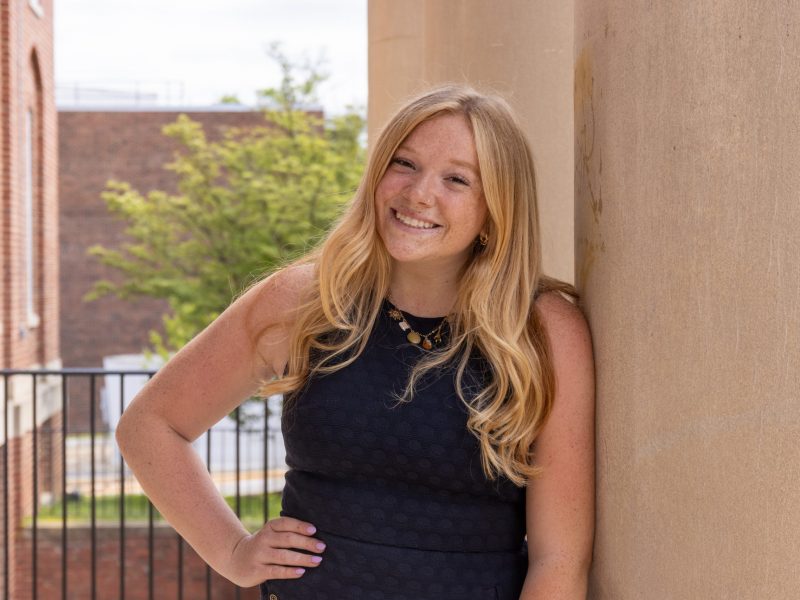By John Brundred
For The Diamondback
To discuss the evolution of Islam in the United States, American University professor Mohamed Nimer visited the University of Maryland to touch upon often overlooked aspects of the faith Tuesday afternoon.
The lecture, titled “The Americanization & Evolution of Islam,” was part of this university’s Maryland Dialogues on Diversity & Community series, and was presented by the National Consortium for the Study of Terrorism and Responses to Terrorism at its headquarters.
About 40 students, START employees and attendees came to hear Nimer, who is the director of American University’s Washington Semester program, teach about nonviolent Islamists who have origins in the Muslim Brotherhood and the implications of their ideas on U.S. domestic securities.
“We are not bound by the foundational ideas of our movement, but we are bound by what we say and what we do today,” said Nimer, who is Muslim. “For the health of Islamic culture in America, we need to express how things have changed. However, these discussions do not occur, and that leaves a lot of room for misconceptions and stereotyping.”
In the past, reactions to terrorist attacks seemed limited to formal condemnations, but that can be useless, Nimer said. People want to know how Islamist groups feel, and as a result, reactions to these events are more emotional than they used to be, he said.
“Responses to recent terrorist attacks show that many Muslim groups, such as the Council [on] American-Islamic Relations, consider America home,” Nimer said. “After the San Bernardino attacks, the reaction was a drastic contrast to the reactions to 9/11.”
Nimer said the tears shed by some Muslims after San Bernardino is evidence that moderate Islamists are Americanizing. The world has changed tremendously since the Muslim Brotherhood was founded in 1928, Nimer said, and so have the beliefs of moderate Islamists. But if they do not explain why old ideas have been abandoned, misconceptions arise. Clarity on this matter is needed, he said.
This kind of clarity is one of the reasons START was founded more than 10 years ago, said Alejandro Beutel, a START researcher who introduced Nimer at the event.
“START was founded on three pillars of research, education and training in order to create a knowledge base through qualitative research and large datasets to understand terrorism,” Beutel said.
This lecture aimed to examine the issues regarding Islam not in a black and white frame but to understand it in many different shades of gray, Beutel said. Some important questions still need to be answered, but not by stereotyping an entire faith, he said.
After 9/11, there seemed to be misconceptions about the entire Muslim faith, said senior government and politics major Jason Albersheim, who came to the event. Reconciling those misconceptions would benefit Muslims and all U.S. citizens, he said.
“I want to be part of a collective effort to assimilate Muslim culture in a peaceful manner rather than have these tensions from misunderstandings,” Albersheim said.


